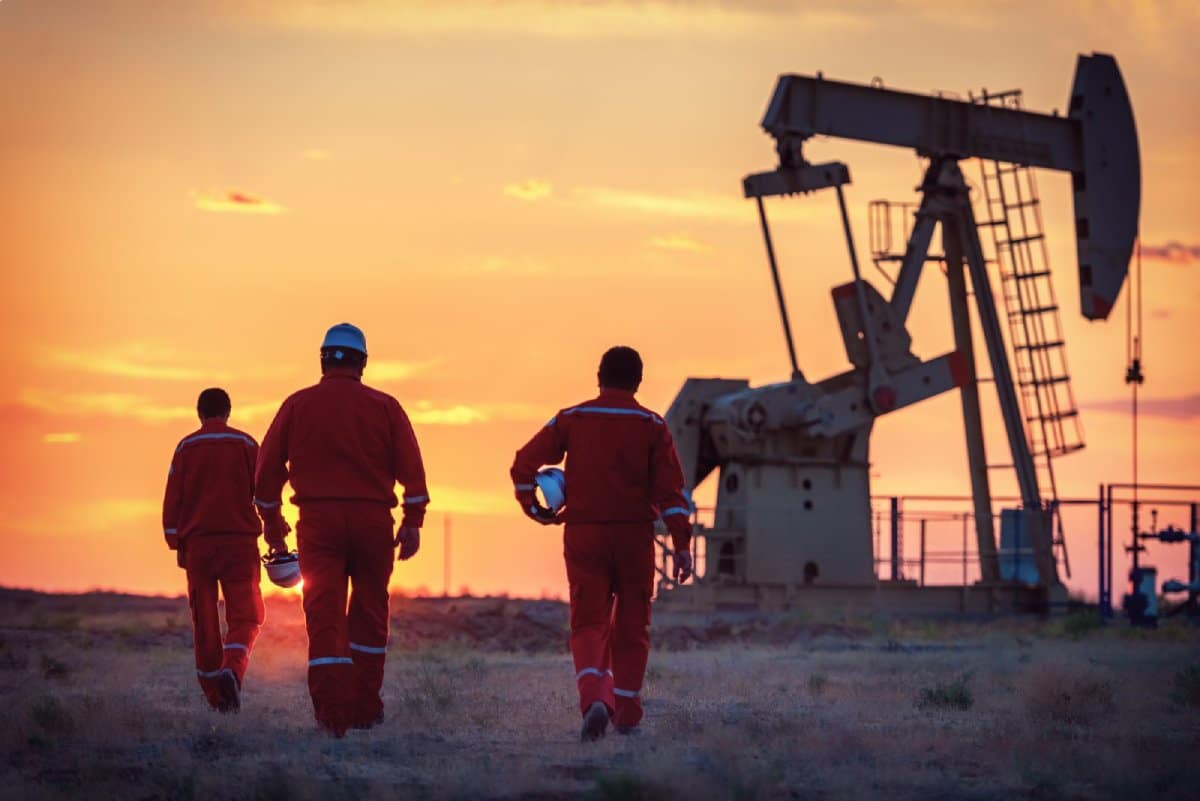A new rule put in place by the White House and the Bureau of Land Management has rocked the petroleum industry.
Higher Rates to Drill on Public Land

Oil and Gas companies are now required to pay more to drill on public land, among a number of other industry requirements recently introduced by the Biden administration.
New Rules Finalized

The new rules were finalized on Friday, after being issued by the Bureau of Land Management and approved by the White House.
Fluid Mineral Leases and Leasing Process Rule
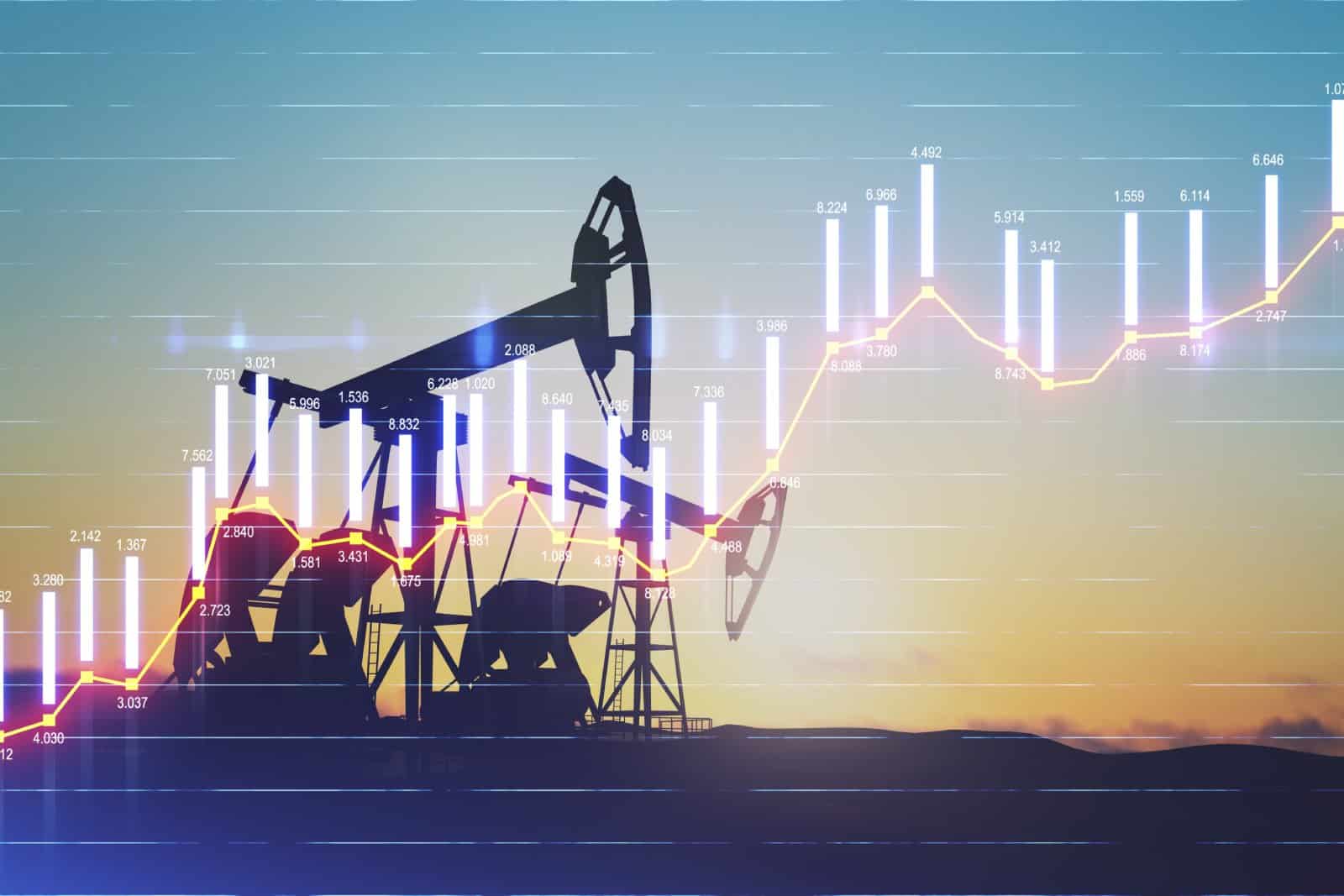
Known as the “Fluid Mineral Leases and Leasing Process rule,” it has officially raised oil-drilling royalty rates from 12.5% to 16.67, a rate that has not been changed in over a century.
A Century Without Change

For a century the royalty rates for drilling on federal land were much lower than the rates for state or private landowners who allow drilling on their properties.
Higher Bonds For Leasing
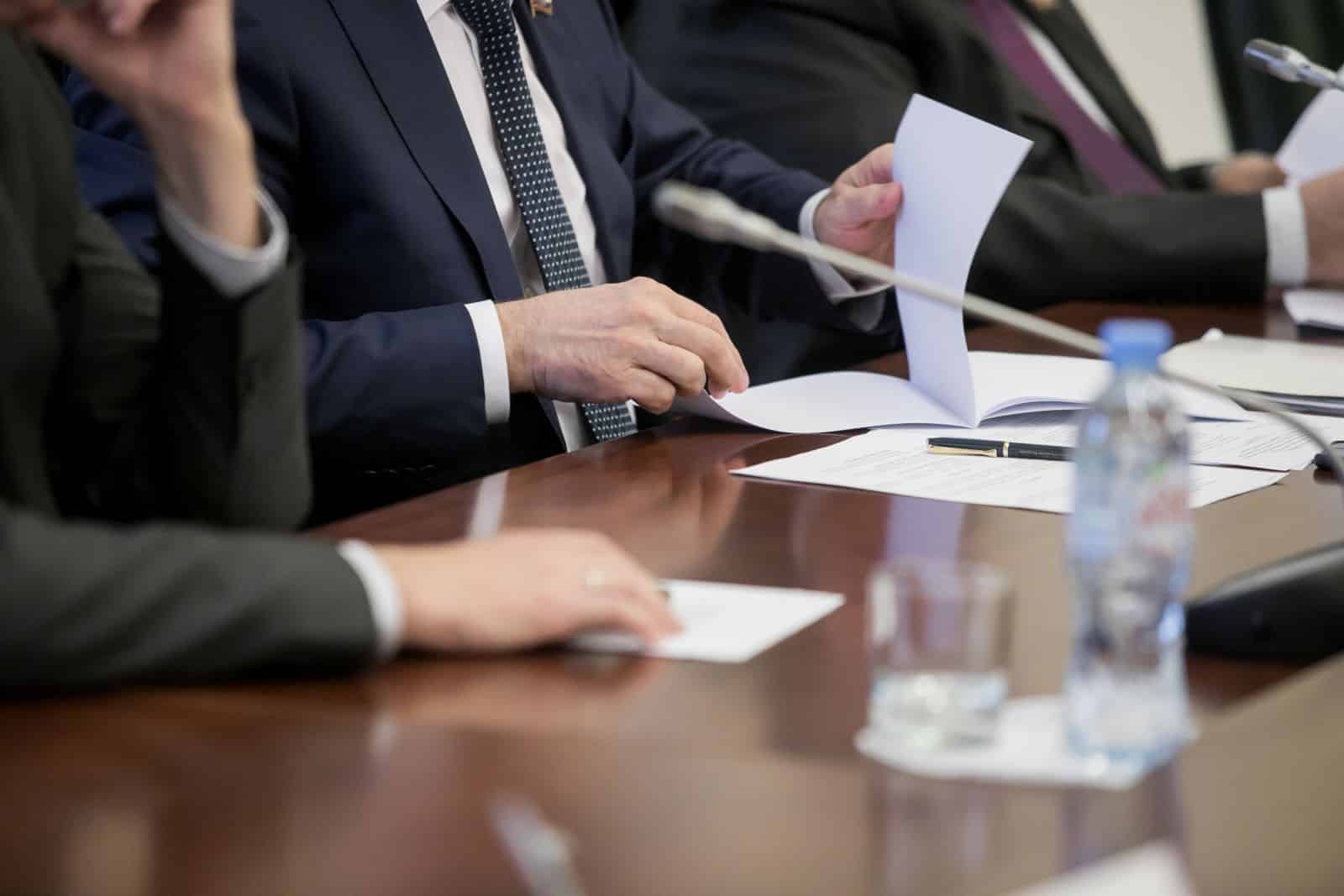
Oil and gas companies will also be required to pay higher bonds, with prices hiked from just $10,000 per lease to $150,000, an amount that had previously been in place since 1960.
Environmental Cleanup Requirements
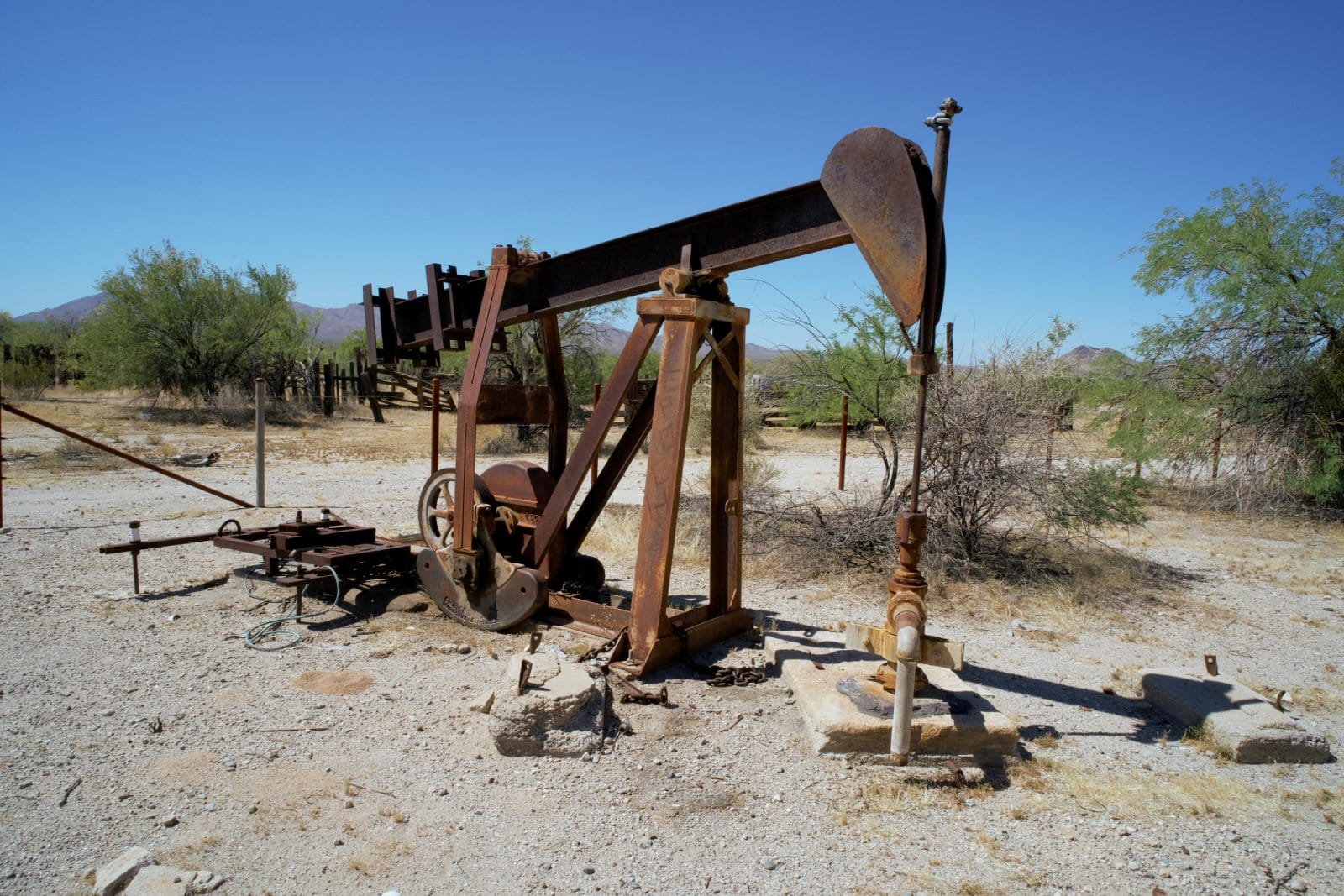
It will also enforce stronger requirements for environmental cleanup of old or abandoned wells, also known as ‘orphaned’ wells, as the burden of oil and gas cleanups has often fallen on taxpayers.
A Historic Change

The new rule signals a historic change for the oil and gas industries and was described as the most significant change to federal leasing laws “in decades” according to Interior Secretary Deb Haaland.
A Next Step for the White House

The new rule is just the next step in the Biden administration’s push to address climate change and other environmental issues.
A “Clean Energy Economy”
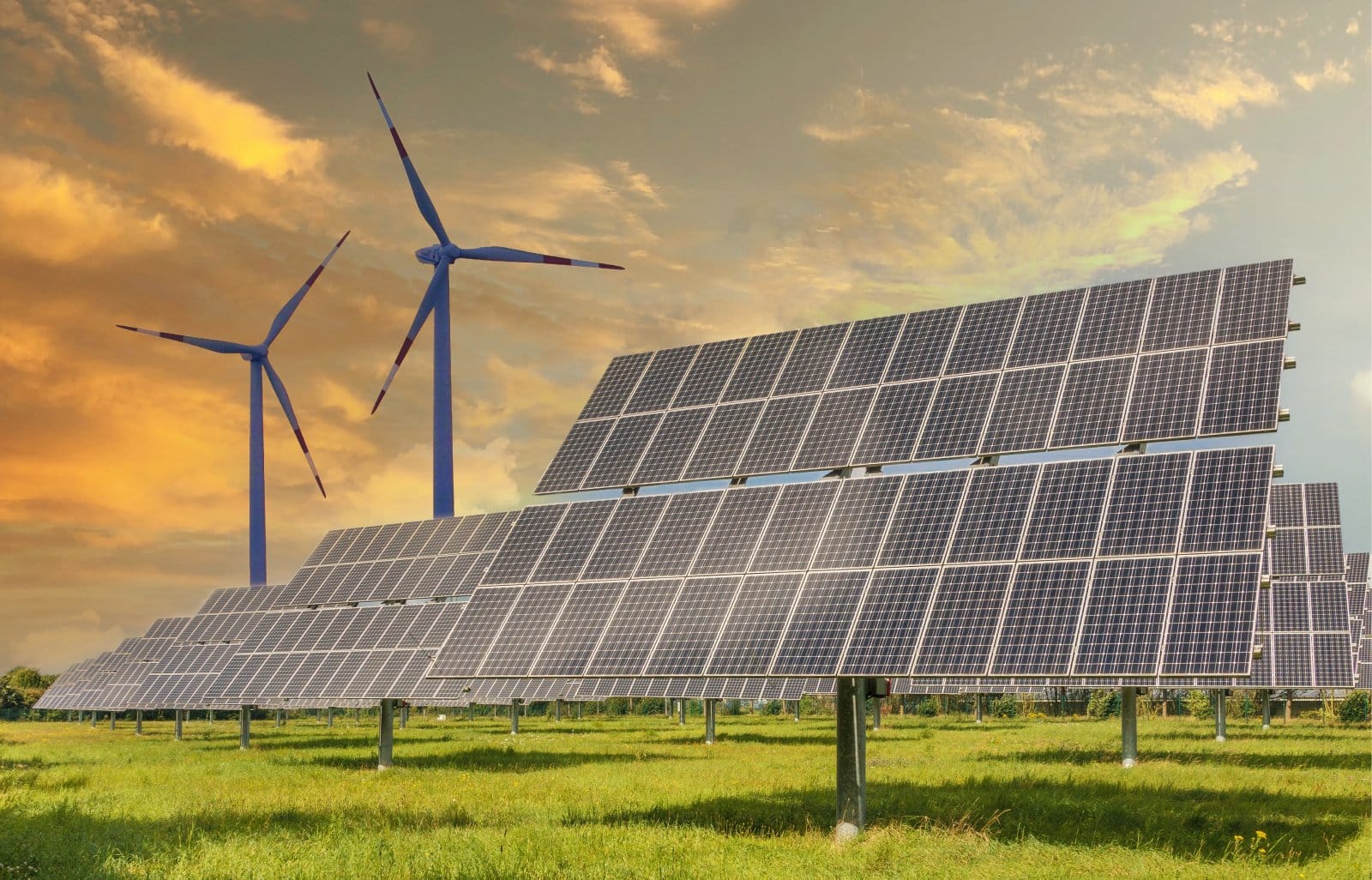
It is part of the Bureau of Land Management’s transition to “a clean energy economy” which began in July 2023 at the behest of the administration.
BLM Remains Committed

“Our public lands are owned by all Americans, and the Bureau of Land Management remains committed to managing them in a balanced, responsible way,” said Tracy Stone-Manning, the director of the department, in a public statement on the new rule.
“Fair Return for Taxpayers”

“This rule will help protect critical wildlife habitat, cultural resources, and recreational values, and it will ensure a fair return for American taxpayers,” she continued.
New Law Could Put Energy Supply at Risk

However, the new law has been strongly criticized by petroleum industry officials, who argue that excessive industry regulations could “put […] critical energy supply at risk.”
API Speaks

Holly Hopkins, vice president of policy at the American Petroleum Institute (API), announced that industry officials would analyze the new rule “to ensure the Biden administration is upholding its responsibilities to the American taxpayers and promoting fair and consistent access to federal resources.”
One of a Number of Critics

The API has been one of the most notable public critics of these industry changes, accusing the new rules as being out of keeping with growing demand.
Oil and Gas Development May Be “Foundational”

“As energy demand continues to grow, oil and natural gas development on federal lands will be foundational for maintaining energy security, powering our economy and supporting state and local conservation efforts,” Hopkins continued.
Better Deal for Taxpayers?
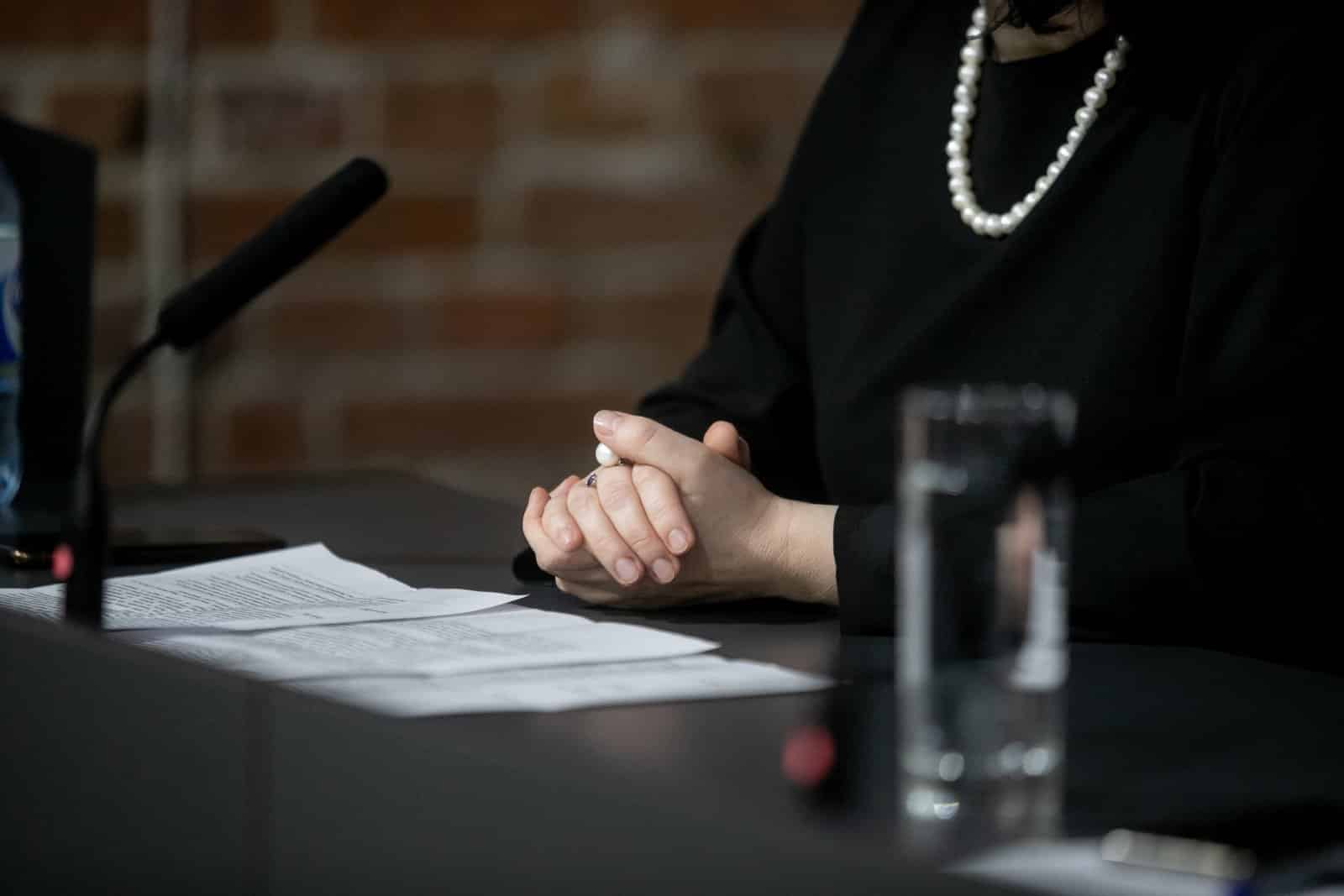
But government officials like Deb Haaland have defended the rule, arguing that these changes would lead to better returns for taxpayers overall. Haaland claimed the rule would “cut wasteful speculation, increase returns for the public and protect taxpayers from being saddled with the costs of environmental cleanups.”
Safeguarding the Public
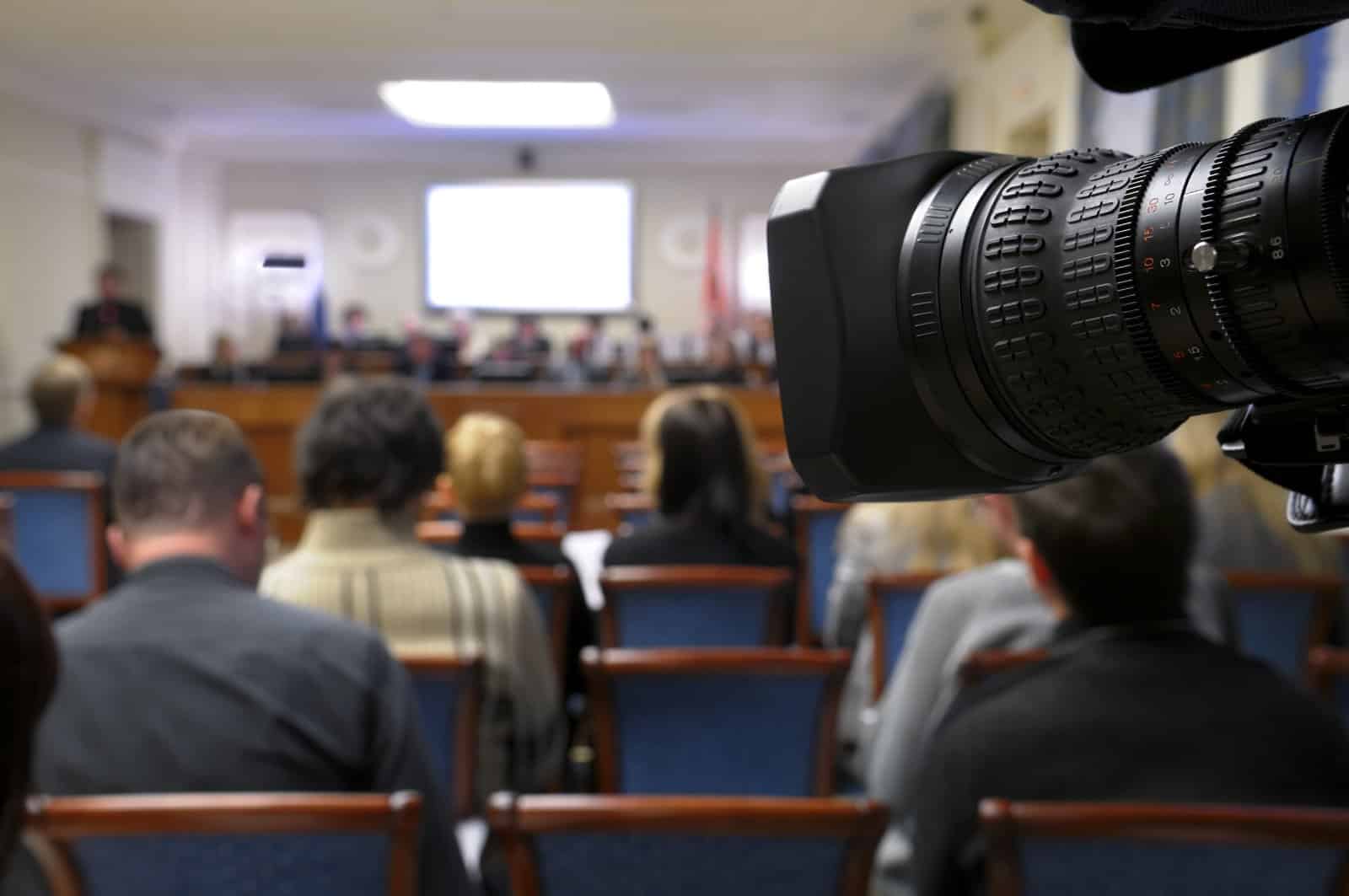
Regarding the new cleanup requirements she also added that they would “help safeguard the health of our public lands and nearby communities for generations to come.”
Fixed Rate From Now Until 2032

New federal royalty rates are expected to increase costs to oil and gas companies by $1.8bn from now until August 2032. After that period the rate can be increased by the incumbent administration.
Climate Activists Keep Pushing

But some climate activists argue that the Biden administration hasn’t gone far enough in restricting oil and gas companies. “Updating oil and gas rules for federal lands without setting a timeline for phaseout is climate denial, pure and simple,” said Gladys Delgado of the Center for Biological Diversity.
No Hotspots for Pollution

“Public lands should be places for people to enjoy nature and wildlife to roam free, not hotspots for toxic pollution,” she continued.
The post – Oil and Gas Operators to Pay Premium for Public Land Use – first appeared on Wealthy Living.
Featured Image Credit: Shutterstock / SasinTipchai.
The content of this article is for informational purposes only and does not constitute or replace professional financial advice.

